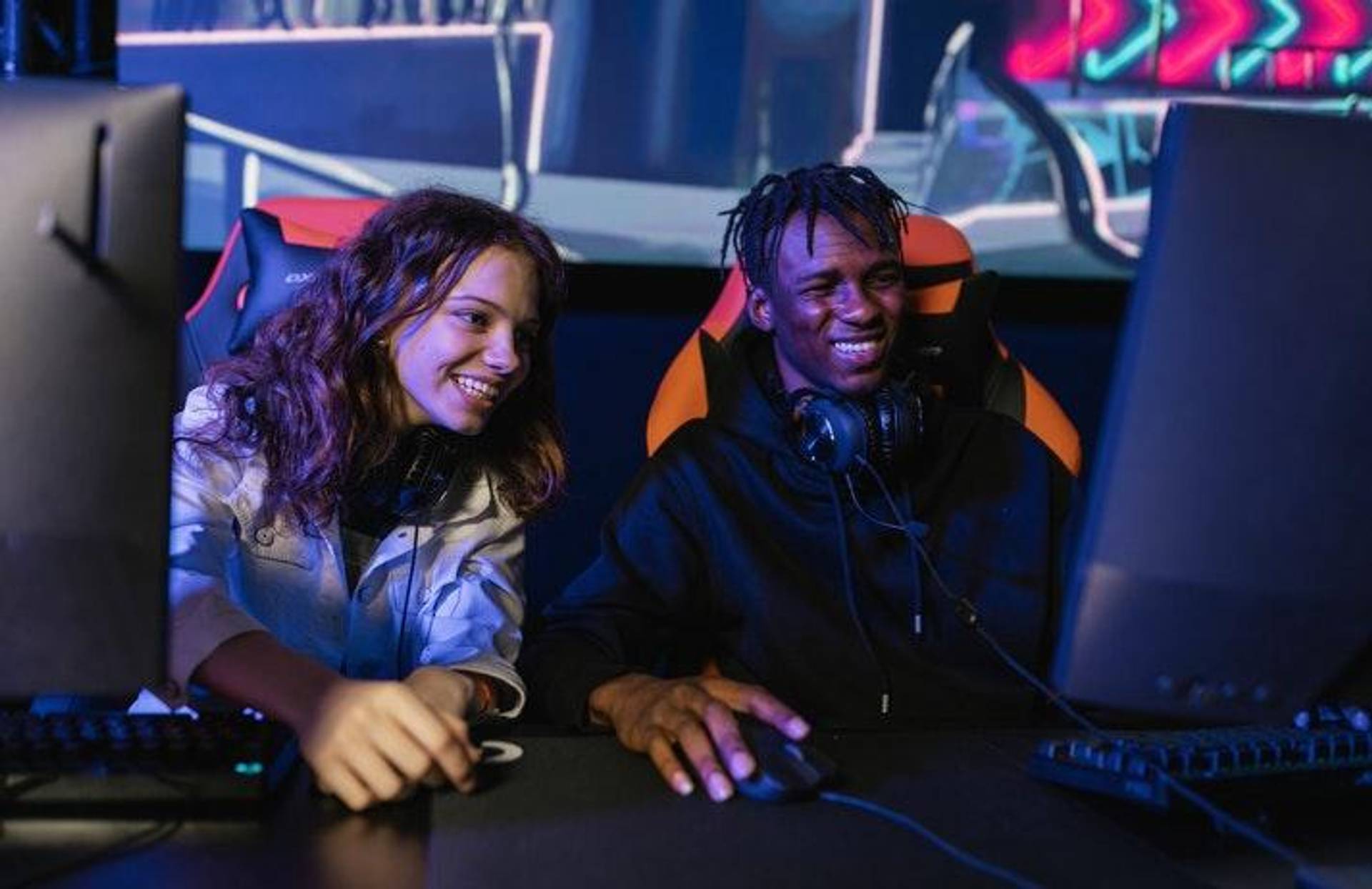
The Open Source Afro Hair Library will expand access to 3D-modelled Black hairstyles to tackle the underrepresentation of realistic Black characters in video games and other animated projects. People not only want accurate virtual representation but an understanding of their culture and identities.
“Black hair has been bad forever in games – from the worst box braids to the raggediest of dreads to even messing up naturals at this point,” says Kahlief Adams, host of the Spawn on Me podcast. In the past, little attention has been paid to the characteristics of Black video game characters, particularly in the hair department. The Open Source Afro Hair Library, run by A.M Darke, artist and assistant professor at UC Santa Cruz, plans to change this by creating a free online database of 3D-modeled Black hairstyles that will launch on Juneteenth 2023 (June 19th, 2023). The database will include ‘usable 3D assets for gaming, animation, and other ventures’ and an online gallery. “I want to create a space that's open for all Black folks to have this conversation about what we want this to be,” says Darke.
Representation is crucial for giving different groups a sense of social belonging and inclusion. The narrative of diversity and inclusion is often seen in many sectors, including film, media, and entertainment, but is discussed less in the gaming industry. A 2021 survey of international game developers found that an overwhelming majority (90%) of game developers worldwide believe that diversity in the gaming industry is essential. However, more than three-quarters of developers identify as White, and only 4% identify as ‘Black, African American, African, or Afro-Caribbean’. Representation is the first step to making people feel included – they want to see more than tokenistic representation and will likely gravitate to brands that accurately depict identities, culture, and communities in their content. Netflix’s Strong Black Lead, for example, uses its platform to uplift the voices of the Black community.